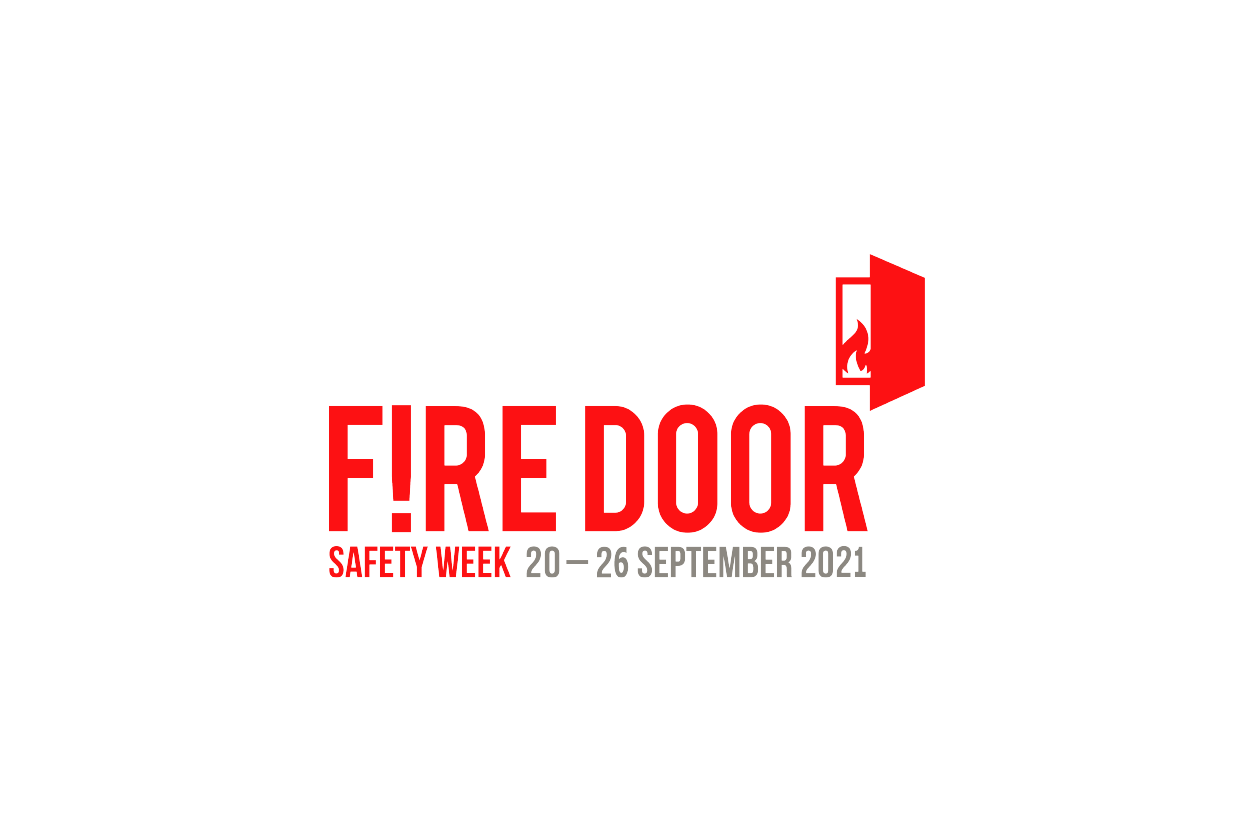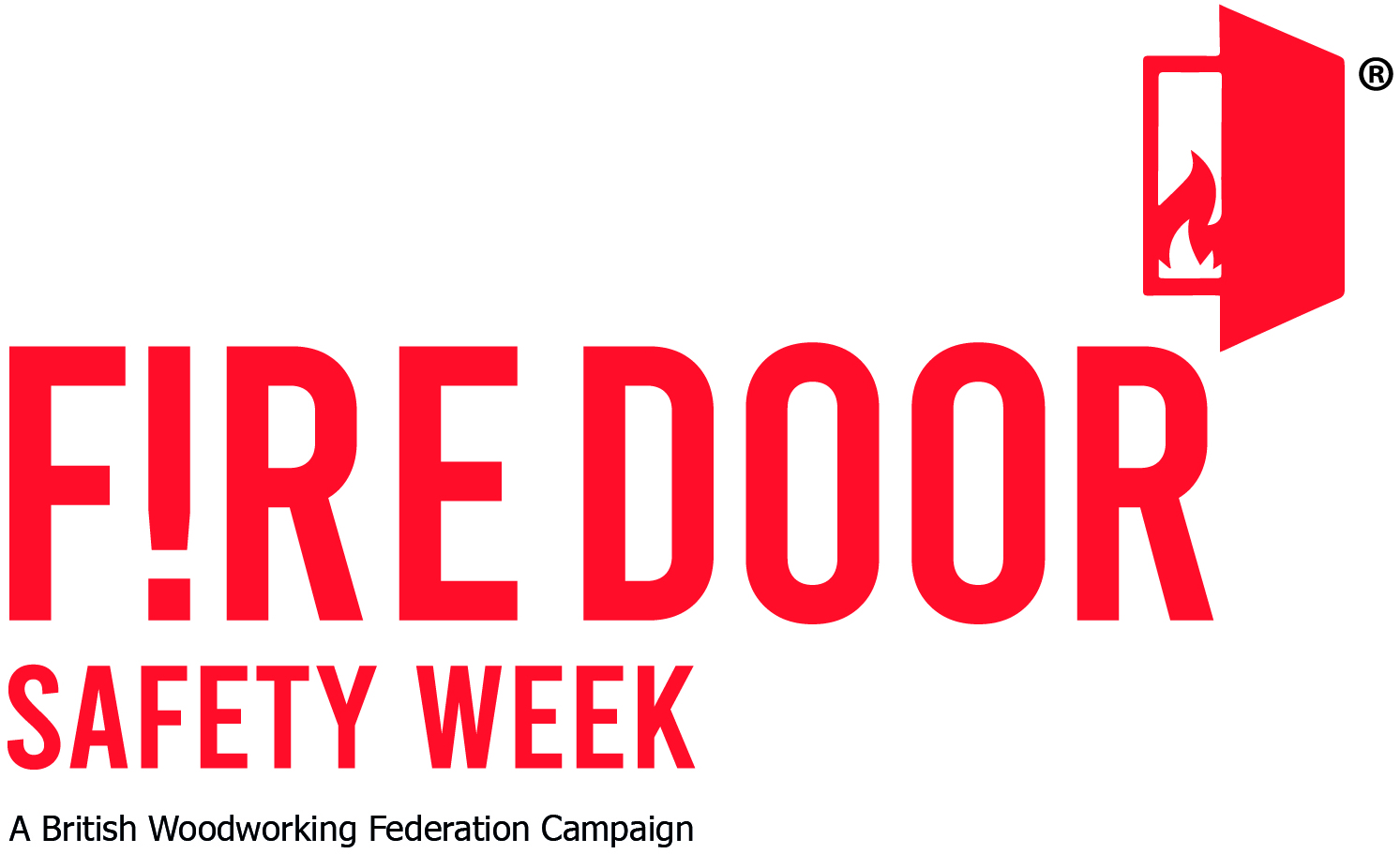1.7 million renters in fear of putting tenancy at risk by raising fire safety concerns

- Fire Door Safety Week research reveals more than one in ten renters fear that raising fire safety concerns will affect their tenancy
- There is cause to complain: a third of all renters have experienced fire doors being damaged or propped open and a quarter noticed a broken fire alarm in the last 12 months alone
- With renters also concerned about whether reporting issues will even lead to them being fixed, the Fire Door Safety Week campaign is calling for fire safety to be urgently prioritised and for landlords and individuals to Make Time to Save Lives
Millions of people privately renting or in social housing fear a revenge eviction if they raise fire safety concerns with landlords, despite issues such as inadequate fire doors and broken fire alarms being prevalent, new research to mark Fire Door Safety Week (20 – 26 September 2021) has found.
Shockingly, 13% of those privately renting in the UK– equating to 1.7 million people1 – fear that raising fire safety issues with their landlords will put their tenancy at risk. Furthermore, 12% of social housing tenants – equating to 468,000 people2 – have the same concerns.
The research also found that more than 1 in 10 (12%) renters wouldn’t report a fire-related issue because they thought their landlord was unlikely to fix the issue, based on previous experience. This correlated with the fact that the same proportion of renters, 12%, had not had their most recent fire safety-related issue resolved within three months of reporting it.
Helen Hewitt, CEO of the British Woodworking Federation which organises Fire Door Safety Week, said: “Renters need to feel as though their voices are being heard and that any problems they raise will be fixed, otherwise it discourages the reporting of issues and the whole system breaks down, putting lives at serious risk. The fact that people feel anxious about reporting issues is a major cause for concern.
“The theme of this year’s Fire Door Safety Week campaign is Make Time to Save Lives, and we see this as a vital message. It’s crucial that both landlords and tenants take time to identify, report and resolve fire safety issues to ensure that lives are not needlessly lost to fires.”
What are the fire safety issues facing renters?
The seriousness of underreporting is underlined by the fact that fire safety issues are prevalent in all forms of rented accommodation.
A third (33%) of all renters have experienced fire doors being damaged or propped open in the last 12 months, a quarter (25%) have been living with a broken or missing fire extinguisher, and just under a quarter (23%) were aware of a smoke alarm that wasn’t working. More than one in 10 renters (14%) have had concerns over their building’s cladding in the past year and the same proportion have noticed a fire exit in their property being blocked.
Exploring these issues in more detail, research found that people living in privately rented housing are more likely to be living with fire safety-related issues in their homes than social housing tenants. Twice as many private renters had experienced a smoke alarm not working in the last 12 months and three times as many had experienced fire doors being damaged or propped open in the same period, compared to those living in social housing.
Commenting on these findings, Helen Hewitt said: “Fire safety measures such as fire doors play a vital role in containing the spread of smoke and fire, allowing building occupants to safely exit a building in the event of a fire while emergency services respond. It’s shocking that despite the government’s focus on improving fire safety across the UK, those in rental properties continue to be put at risk through inadequate fire safety measures including damaged fire doors.
“In England alone there were 176 fire-related fatalities in dwelling fires and more than 6,500 non-fatal casualties in 2020. Private and social housing landlords have a duty of care to ensure that their tenants live in safe properties, and we urge then to act without delay so that those people are protected.”
Gavin Tomlinson, Chair of the National Fire Chiefs Council’s Protection Committee said: “Fire doors that are damaged, poorly fitted or wedged open are not fire doors, they are just doors – they will not save lives or protect property.
We encourage tenants to report any fire safety concerns to their landlord and if these are not resolved contact your local authority or seek advice from your fire and rescue service. It’s important that the minority of landlords who do not comply with the law should not be allowed to ignore fire safety and put the lives of tenants at risk.”
Making time for fire safety
The research also highlighted that among both renters and homeowners, fire safety is a lower priority when it comes to fixing or reporting broader household problems. Overall only 5% of people would report a fire door being damaged, compared to 32% who would report or fix their front door not locking properly, 17% who would report appliances not working and 11% who would report a porch light not working.
Helen Hewitt concluded: “It only takes one fire for the importance of fire doors to become very apparent, very quickly. Together we can all play a part in ensuring they remain fit for purpose and ready to help save lives, and we urge people not to wait to check their fire doors.”
For more information on revenge evictions, visit Shelter: https://england.shelter.org.uk/housing_advice/repairs/revenge_eviction_if_you_ask_for_repairs
1 13.1% of 13 million in privately rented homes is 1.7 million.
2 12% of 3.9 million in socially rented homes is 468,000.
3England – 153,278 fires, 221 fire casualties / Scotland – 24,471 fires, 27 fire casualties / Wales – 10,585 fires, 10 fire casualties
For further media information please contact the BWF press office on:
bwf@speedcomms.com or Tara Greenman-Sparrow 07725 822109 / Max Hammond 07866 748982
About Fire Door Safety Week (20-26 September 2021)
Fire Door Safety Week, the brainchild of the British Woodworking Federation (BWF), was launched in 2013 in response to a legacy of fire door neglect. It is a ‘mass market’ awareness campaign to increase public understanding of the role that fire doors play in protecting life and property. Guidance on fire door safety is provided through the campaign’s Toolkit.
About the British Woodworking Federation (BWF)
The British Woodworking Federation (BWF) is the trade association for the woodworking and joinery manufacturing industry in the UK. It has over 500 members drawn from manufacturers, distributors and installers of timber doors, windows, conservatories, staircases, furniture, all forms of architectural joinery including shop fitting, timber frame buildings and engineered timber components, as well as suppliers to the industry. The woodworking sector as a whole is a £3.8 billion industry operating at the heart of UK manufacturing.
